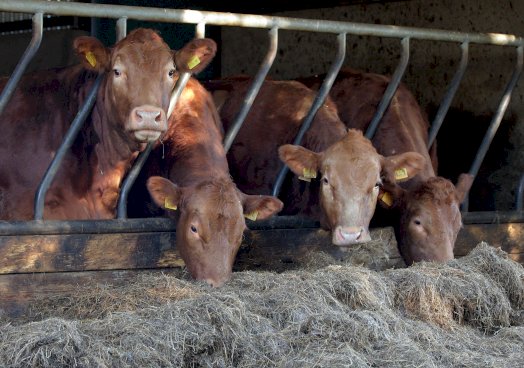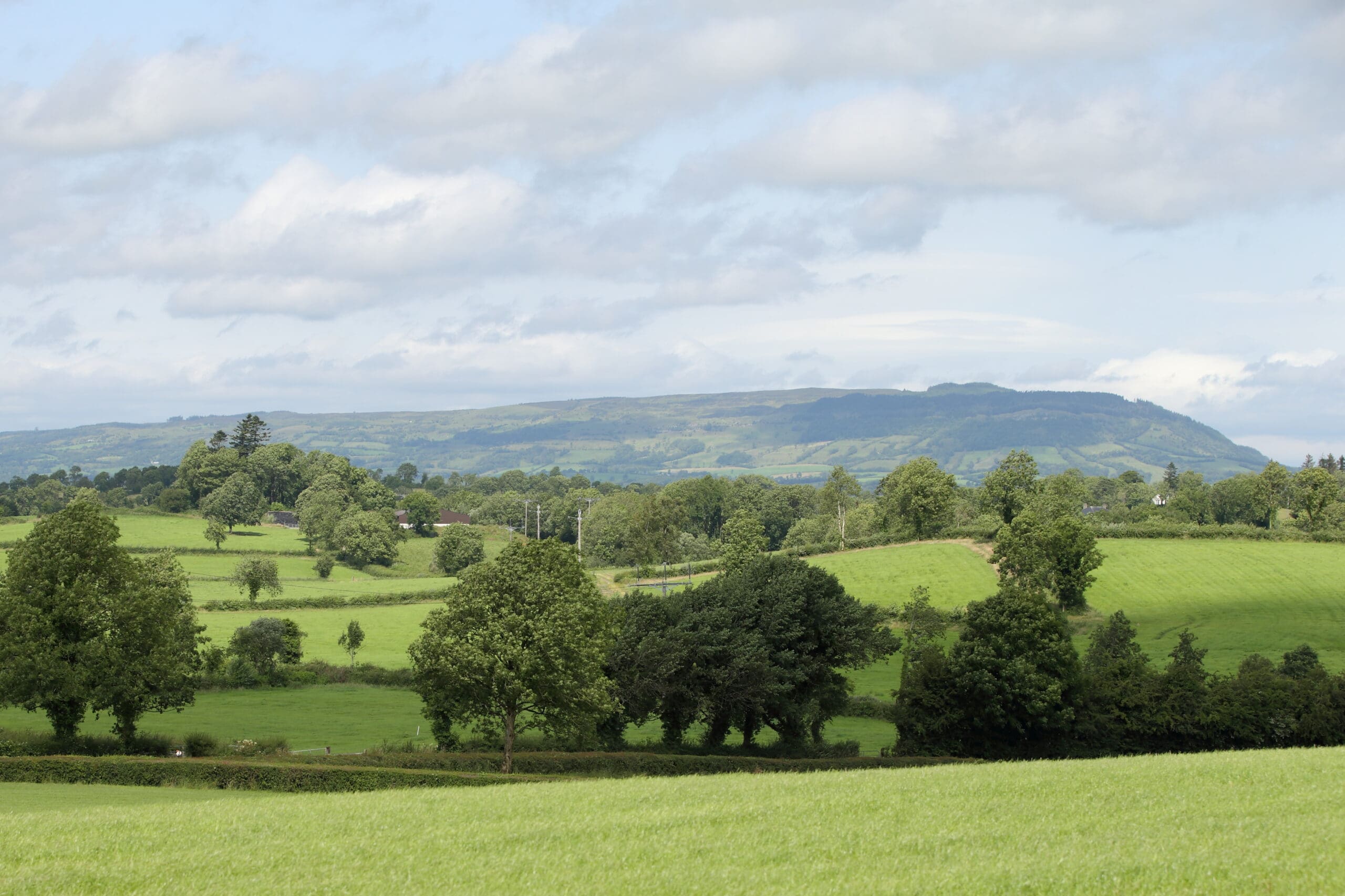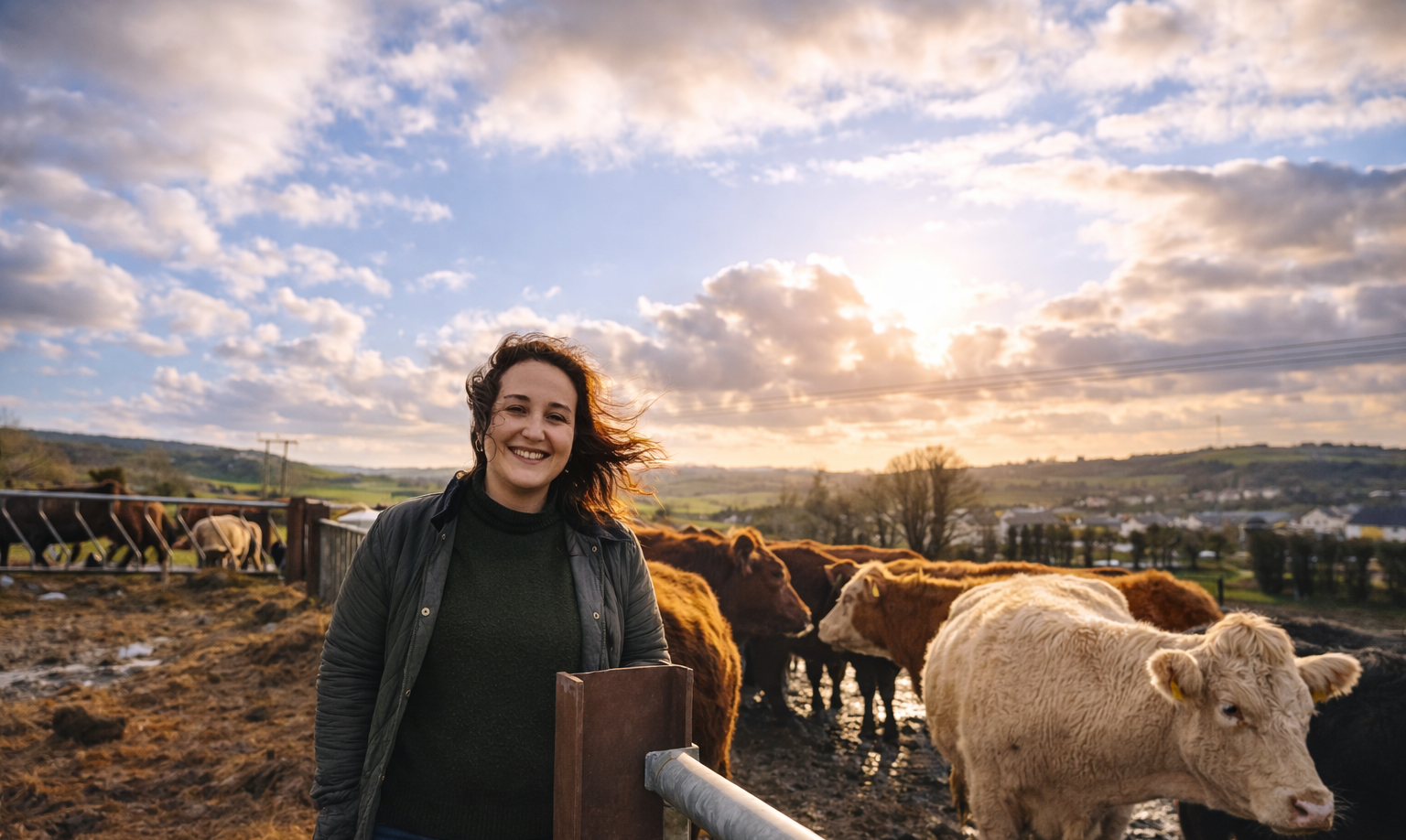
Commodity watch by policy officer, David McClure
2021 saw an increase in the number of bovine tuberculosis (bTB) reactors removed from farms in Northern Ireland (NI). In total 14,355 reactors were compulsory slaughtered because of a reaction to a test. This had increased by 11.7 percent on the same statistic in 2020. Almost nine percent of herds in NI had the disease within their herds by the close of 2021. The movement trends of these figures continue to demonstrate that despite the current programme to control/eradicate bTB that the current measures are at best treading water or dare we say, sinking slowly.
bTB continues to remain firmly within the focus of the UFU animal health and welfare committee. The revised strategy on bTB which launched for consultation in 2021, attracted 3367 responses. Given that 276 cattle (which react to a bTB test) are slaughtered every week in NI, it was not surprising that farmers decided to vent their frustration, with the result being that the vast majority of these responses came from the farming community.
The UFU continues to be contacted on a weekly basis by members from all over NI who are at varying stages of a difficulty on their farms, directly attributed to the disease. This ranges from single reactors which leave the herd logistically challenged and often financially stretched to large breakdowns and even total herd clearances. This frustration is too often built upon when bTB is not confirmed following the slaughter of reactor cattle. Whilst the Department of Agriculture Environment and Rural Affairs (DAERA) provide many reports on the number of reactor cattle, herds etc; the stress, pain and devastation associated costs with bTB breakdowns is not so evident within DAERA statistics.
Farmers receive a financial payment for the market value of their reactor cattle. However, there is no compensation paid for the loss of any production. Beyond these financial metrics, UFU often provides a listening ear for members who have surrendered a lifetime of genetic breeding, or indeed animals regarded as pets by family members to the compulsory slaughter regime.
For the first time in generations, there has been a story of hope given to our members over the last number of months. The revised bTB strategy brought about the suggestion of change of approach. This detailed document, although containing some points which are not acceptable to our members, showed intent to tackle the burden of bTB on our farms. Meaningful wildlife intervention has been proposed as a precursor to entering a vaccination phase in later years, within the preferred method. UFU’s goal is ultimately to deliver to farmers a healthy cattle population alongside a healthy wildlife population. Having witnessed the success of wildlife intervention in England firsthand, UFU continue to support this proposal, and urge DAERA Minister Edwin Poots to deliver an announcement on the intended way forward with upmost urgency.
For generations, our members have presented their animals for testing within the required timescales to comply with regulations. Reactors have been and continue to be taken from farms in all corners of NI. Despite this, distress and heartache still continue to burden farming families because of bTB. The time for change is now.




